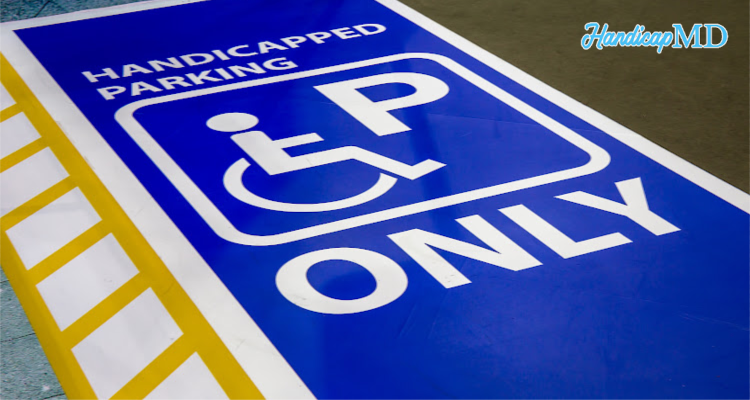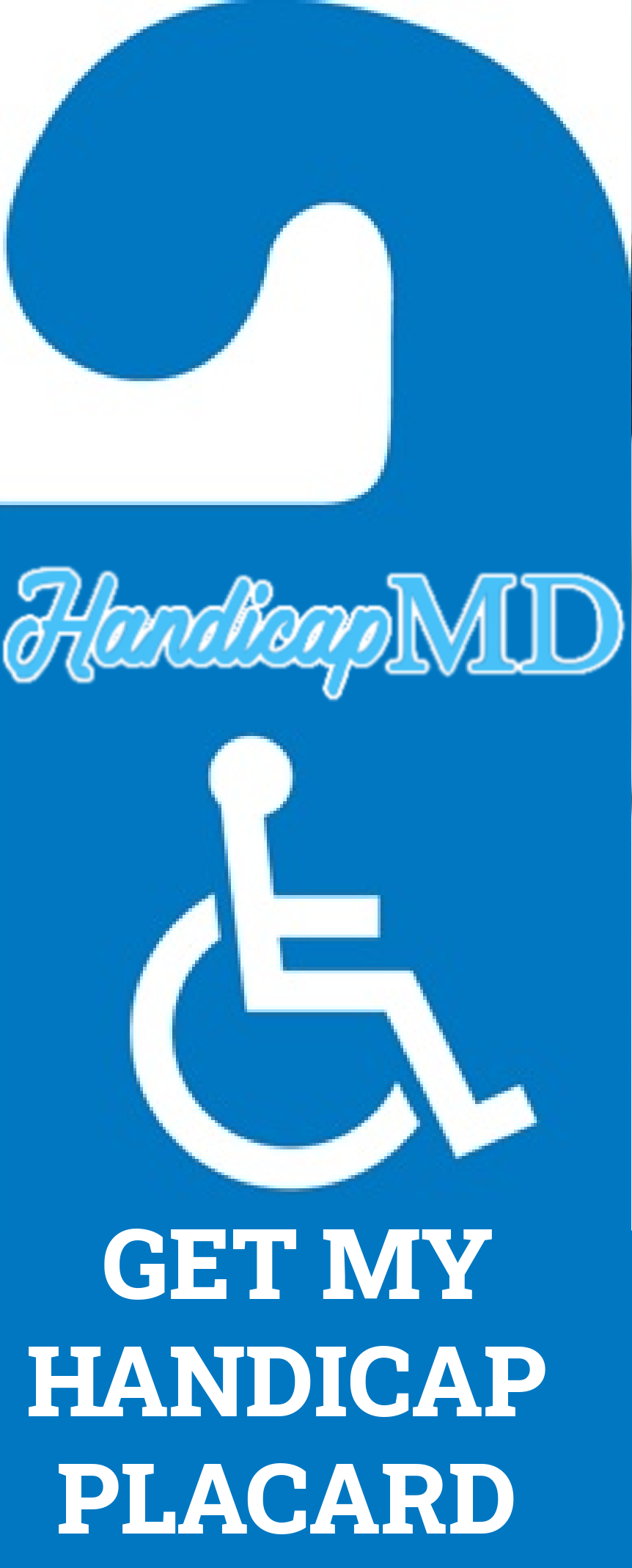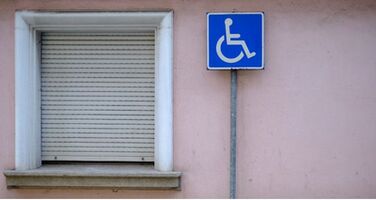
The Impact of Handicap Placard Abuse and How to Report it in Colorado
Introduction
Handicap placard abuse is a pressing concern that affects individuals with disabilities, their families, and the community as a whole. The misuse of handicap parking spaces not only undermines the accessibility and convenience that these spots provide but also disrespects the rights of those who genuinely require them. This article dives into the profound impact of handicap placard abuse and provides a detailed guide on how to report such abuse in Colorado.
The Impact of Handicap Placard Abuse
Handicap permit abuse has far-reaching consequences that extend beyond mere inconvenience. It perpetuates inequality, reduces accessibility, and shows a lack of empathy for people with disabilities. Some of the detrimental effects include:
1. Inaccessibility for Those in Need
Abusing handicap placards limits the availability of accessible parking spots for individuals who rely on them. This can make it extremely difficult for people with disabilities to carry out daily activities, attend appointments, and participate in social events.
2. Undermining Respect for Regulations
When individuals misuse handicap parking spaces, it sends a message that rules can be disregarded. This can contribute to a general disregard for parking regulations and societal norms, leading to chaos in parking lots.
3. Emotional and Mental Strain
People with disabilities already face various challenges in their lives. Handicap placard abuse adds an unnecessary layer of stress and frustration, affecting their mental and emotional well-being.
4. Family and Caregiver Impacts
Families and caregivers of individuals with disabilities also bear the brunt of placard abuse. They witness their loved ones struggling due to the lack of available accessible spots.
5. Disruption of Community Harmony
Parking conflicts arising from handicap placard abuse can create tension among community members. This disrupts the harmony and mutual respect that should prevail in shared spaces.
How to Report Handicap Placard Abuse in Colorado
Taking a proactive stance against handicap placard abuse can help create a more inclusive and supportive community. If you witness or suspect misuse of handicap placards, follow these steps to report the incident to the Colorado DMV:
1. Gather Information
Collect as much relevant information as possible, including the vehicle's license plate number, the placard number (if visible), location, date, and time.
2. Contact Local Authorities
Get in touch with local law enforcement or parking enforcement agencies. Provide them with the gathered information and describe the incident accurately.
3. Maintain Discretion
While reporting an abuse incident, it's important to remain discreet and not confront the individual directly. Let the authorities handle the situation.
4. Use Online Reporting Tools
Many cities and counties offer online platforms for reporting parking violations. These platforms often allow you to upload photos and provide detailed descriptions of the incident.
5. Engage Your Community
Raise awareness about handicap placard abuse within your community. Encourage others to report abuse and promote respectful parking behavior.
6. Educate and Advocate
Support organizations that work to raise awareness about disability rights and accessibility. By advocating for change, you contribute to a more inclusive society.
FAQs
Q: What are the common signs of handicap placard abuse?
A: Common signs include a driver who does not appear to have a disability using a placard, using a placard that does not belong to them, or using a placard that has expired.
Q: Can I take a photo as evidence when I suspect placard abuse?
A: Yes, taking a discreet photo can serve as valuable evidence when reporting an incident. However, prioritize safety and discretion.
Q: Are there specific penalties for handicap placard abuse in Colorado?
A: Yes, Colorado imposes fines and penalties for misuse of handicap placards, including fines and potential revocation of the placard.
Q: How can I raise awareness about handicap placard abuse?
A: You can host informational sessions, distribute flyers, or collaborate with local organizations to spread awareness about this issue.
Q: Is handicap placard abuse a widespread problem?
A: Unfortunately, yes. Handicap placard abuse is prevalent in many communities, highlighting the need for vigilance and action.
Q: Can businesses play a role in preventing placard abuse?
A: Absolutely. Businesses can enforce parking regulations on their premises and educate their customers about the importance of respecting accessible parking spaces.
Conclusion
Addressing and curbing handicap placard abuse is a collective responsibility that requires awareness, empathy, and action. By understanding the impact of handicap placard abuse and knowing how to report it in Colorado, you can contribute to a more inclusive and respectful society. Let's work together to ensure that parking spaces designed for people with disabilities remain available to those who genuinely need them.
.png)






